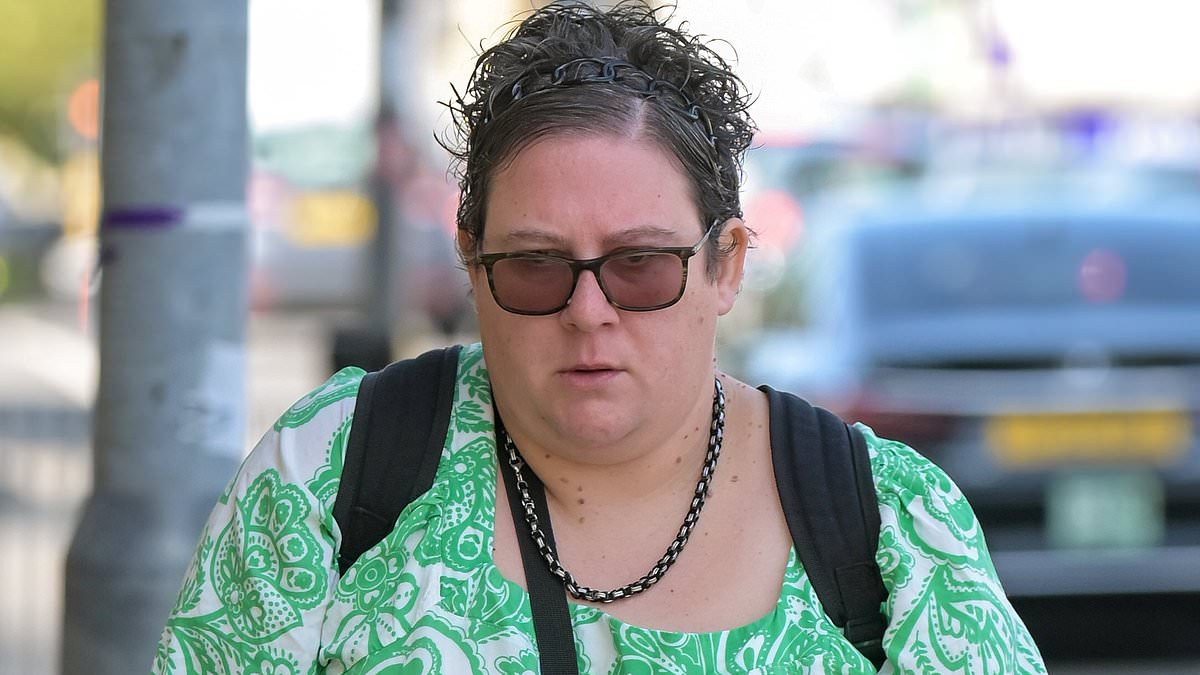Prosecutors have been accused of giving predators a ‘get-out-of-jail-free card’ in cases of ‘sex by deception’ by allowing them to claim that they are transgender.
The Crown Prosecution Service (CPS) has published new guidance on the ‘highly sensitive’ crime – where someone tricks an unsuspecting partner into sleeping with them by pretending to be a different sex.
It makes clear that the victim is considered to not have given consent to intimate contact at the time if they were unaware of the other person’s birth sex, meaning that rape or sexual assault charges may be brought.
But the guidance also sets out a long list of reasons why transgender people may choose to keep their birth sex hidden, which campaigners fear could be exploited by predators to avoid being prosecuted.
It says that ‘many people who have transitioned may not regard themselves as trans, but simply as a man or a woman’, while young people in particular may see their ‘gender identity’ as ‘fluid’ and ‘may identify as a man and a women or neither’.
Last night Maya Forstater of the women’s rights charity Sex Matters, said that lesbians in particular face problems with biological men on dating websites identifying as female, and that the CPS guidelines ‘suggests people may avoid a conviction for sexual assault based on deception if they say they are transgender’.
She added: ‘A person who fails to be clear and honest about their sex when seeking a sexual relationship is behaving in a way that is at a minimum creepy and may, at worst, be engaging in assault.
‘If there is a complaint of rape or sexual assault by deception, this guidance offers the suspect a get-out-of-jail-free card – namely declaring they are trans.
‘This approach is not grounded in law and shows no recognition of ordinary standards of consent to intimate contact or sexual relations.’
Last year, Blade Silvano was jailed for ten years for sexual assault after Cambridge Crown Court heard she spent two years pretending to be a man to dupe her female partner, using a blindfold and sex toy when they were intimate.
The new CPS guidance states: ‘A person whose gender identity isn’t the same as their sex may express their gender through their speech, dress, gestures, mannerisms etc, without this being a fabrication, a performance or a deception.’
It says some trans people ‘may be wary of revealing their birth sex due to social stigma, transphobia or safety considerations’ while others may not ‘openly identify as trans… for fear of a family or relationship breakdown, losing employment, or exclusion from a close-knit community or a place of worship’.
The guidance also states ‘some may think it necessary to conceal their sex’ to meet the condition of living in their new identity for two years before they can obtain a Gender Recognition Certificate and have their gender change legally recognised.
Siobhan Blake, chief crown prosecutor and national lead for rape and serious sexual offences, said: ‘This is a highly sensitive area of law. It is important our guidance provides prosecutors with the knowledge they need to make decisions in the rare cases where deception as to sex may have occurred.’
The CPS also stresses ‘the guidance does not intend to suggest that most such offences are committed by trans or non-binary persons’.
